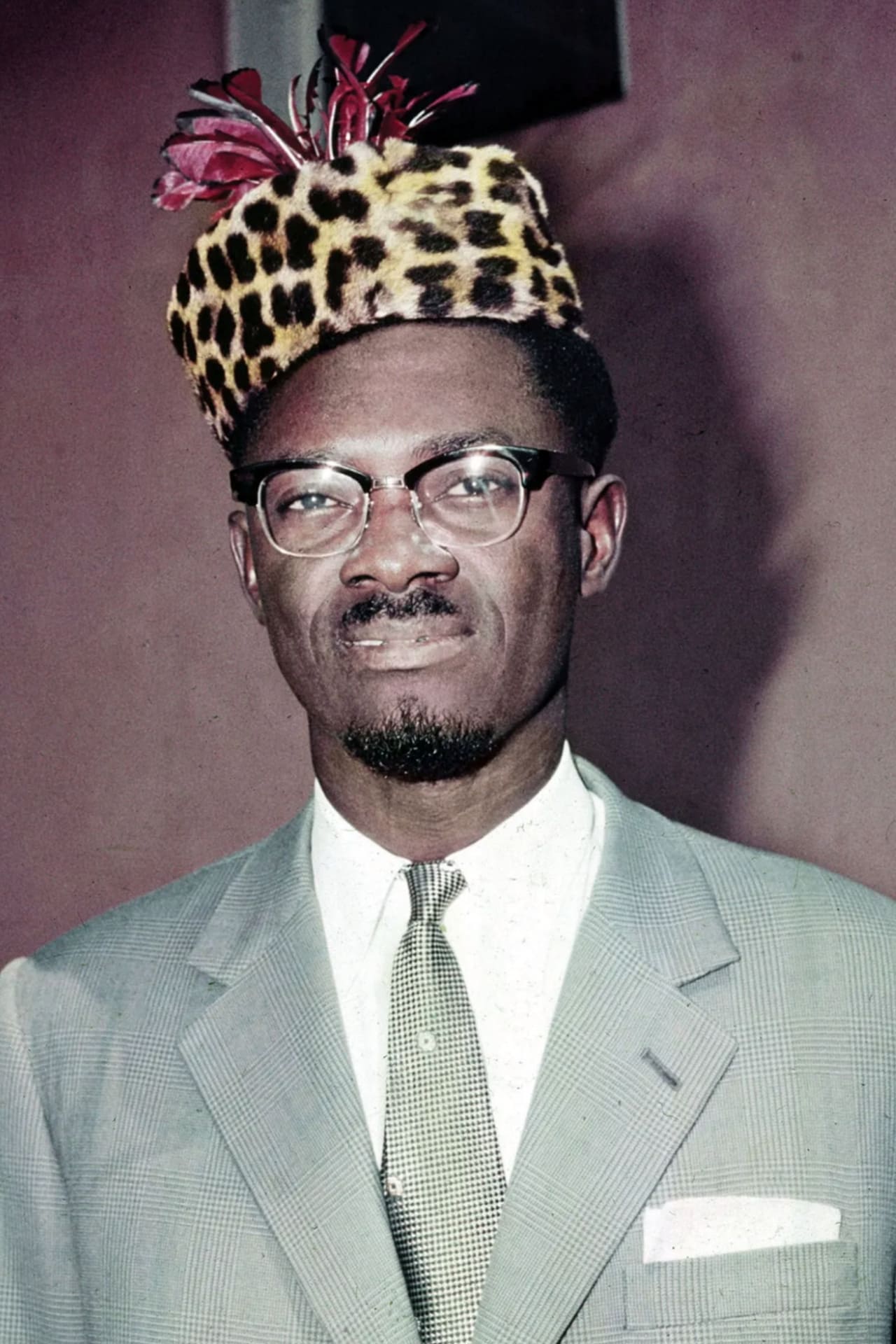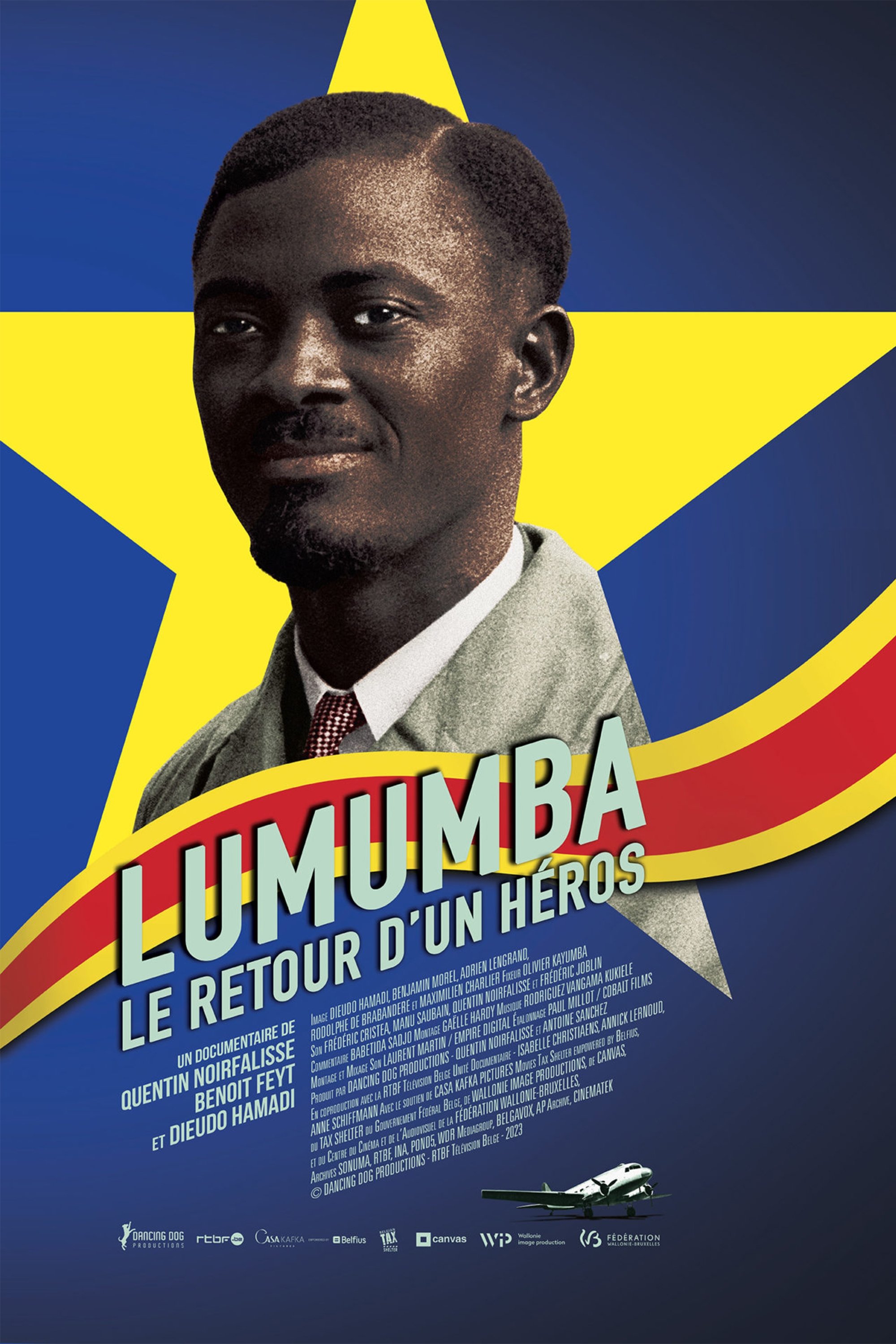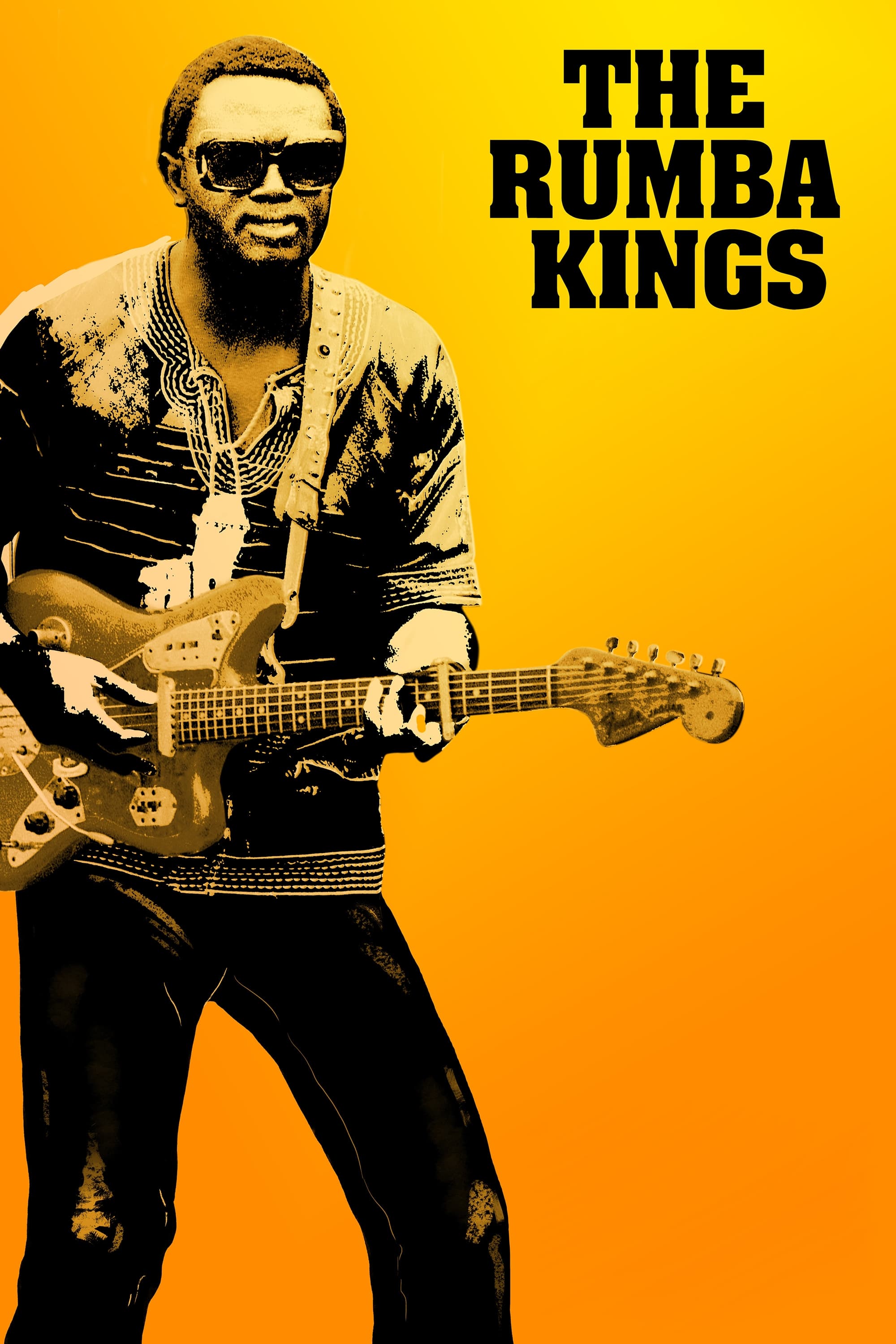

Jazz and decolonization are intertwined in a powerful narrative that recounts one of the tensest episodes of the Cold War. In 1960, the UN became the stage for a political earthquake as the struggle for independence in the Congo put the world on high alert. The newly independent nation faced its first coup d'état, orchestrated by Western forces and Belgium, which were reluctant to relinquish control over their resource-rich former colony. The US tried to divert attention by sending jazz ambassador Louis Armstrong to the African continent. In 1961, Congolese leader Patrice Lumumba was brutally assassinated, silencing a key voice in the fight against colonialism; his death was facilitated by Belgian and CIA operatives. Musicians Abbey Lincoln and Max Roach took action, denouncing imperialism and structural racism. Soviet Premier Nikita Khrushchev intensified his criticism of the US, highlighting the racial barriers that characterized American society.

61 years after his assassination, Patrice Lumumba returns to his country. "Congo returns to Congo" as one of his children said. Lumumba was a nationalist leader who intended to use his country's enormous wealth for the benefit of his people. He became the first Prime Minister in the history of Congo on June 30, 1960, when the country gained its independence after 80 years of Belgian colonial rule. Seven months later, he was assassinated in Katanga province with two of his best political allies: Joseph Okito and Maurice Mpolo. Their bodies were dissolved in sulfuric acid and only one of Patrice Lumumba's teeth remained. This "relic" was taken from Lumumba's corpse and kept in secret by a police commissioner until his death in 2000. The assassination of the nationalist and anti-colonialist leader was followed by the advent of the dictator Mobutu, who was able to remain in place until 1997, thanks to Western support.

In the fifties, when the future Democratic Republic of Congo was still a Belgian colony, an entire generation of musicians fused traditional African tunes with Afro-Cuban music to create the electrifying Congolese rumba, a style that conquered the entire continent thanks to an infectious rhythm, captivating guitar sounds and smooth vocals.

How African artists have spread African culture all over the world, especially music, since the harsh years of decolonization, trying to offer a nicer portrait of this amazing continent, historically known for tragic subjects, such as slavery, famine, war and political chaos.
Patrice Émery Lumumba, born Isaïe Tasumbu Tawosa (2 July 1925 – 17 January 1961) was a Congolese politician and independence leader who served as the first prime minister of the Democratic Republic of the Congo from June until September 1960. He was the leader of the Congolese National Movement (MNC) from 1958 until his assassination in 1961. Ideologically an African nationalist and pan-Africanist, he played a significant role in the transformation of the Congo from a colony of Belgium into an independent republic.
By browsing this website, you accept our cookies policy.